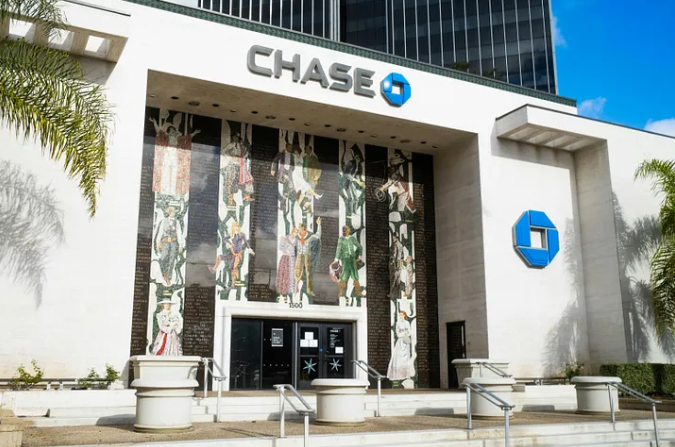
Lessons from Legends Series- Jamie Dimon
Share
Written by Max A.
Jamie Dimon, the longtime CEO of JPMorgan Chase, is one of the most respected leaders in global finance. He has guided the largest U.S. bank through crises ranging from the 2008 financial meltdown to the COVID-19 pandemic, often emerging stronger on the other side. Known for his toughness, plain-spoken communication, and focus on long-term strategy, Dimon offers lessons that extend well beyond banking. His career illustrates the value of resilience, preparation, and leadership under pressure.
Lesson 1: Resilience Is the Core of Leadership
Dimon has faced both professional and personal challenges. He was fired from Citigroup in 1998 after a clash with then-CEO Sandy Weill, a setback that could have ended his career. Instead, he used the experience to sharpen his leadership skills, eventually returning to the top ranks of banking as CEO of Bank One and later JPMorgan Chase. More recently, Dimon battled throat cancer and recovered while continuing to lead the company.
The lesson is clear: resilience defines leaders. Setbacks, whether professional or personal, are inevitable. What separates winners is the ability to adapt, recover, and come back stronger. Dimon’s career reminds us that adversity can be a springboard for growth.
Lesson 2: Prepare for Storms Before They Hit
During the 2008 financial crisis, JPMorgan Chase stood out as one of the few major banks that remained stable. While rivals collapsed or required massive bailouts, JPMorgan was strong enough to acquire troubled firms like Bear Stearns and Washington Mutual. Dimon’s cautious approach to risk — building reserves, keeping capital strong, and maintaining discipline in lending — paid off when the crisis hit.
This philosophy mirrors his frequent advice to always “prepare for the worst, hope for the best.” The lesson is the importance of preparation. Success does not come from predicting every crisis but from building systems strong enough to withstand them. For individuals and organizations, this means planning conservatively, maintaining reserves, and avoiding overconfidence during good times.
Lesson 3: Speak Clearly and Honestly
Dimon is known for his direct communication. His annual shareholder letters are widely read not just for JPMorgan’s outlook but for his candid assessments of the economy, regulation, and politics. He avoids jargon and says what he believes, even if it is controversial. For example, he has openly criticized short-term thinking in markets, excessive bureaucracy in government, and weaknesses in the U.S. education system.
The lesson here is the power of clarity. Leaders who communicate plainly earn trust from employees, shareholders, and the public. In any field, honesty and transparency cut through confusion and build credibility.
Lesson 4: Balance Risk with Opportunity
Dimon is not risk-averse; rather, he is disciplined. Under his leadership, JPMorgan has expanded globally, invested heavily in technology, and pursued acquisitions that strengthened its market position. But every move has been measured, backed by strong risk controls. Dimon often emphasizes that growth should never come at the expense of safety.
The lesson is that success requires both courage and caution. Taking bold opportunities without proper risk management can lead to collapse, as many banks discovered in 2008. On the other hand, avoiding all risk guarantees stagnation. Dimon’s balanced approach shows that progress lies in finding the right middle ground.
Lesson 5: Leadership Is About People
Despite leading a bank with over 250,000 employees, Dimon often emphasizes that success depends on people, not just strategy or technology. He invests in employee development, stresses the importance of teamwork, and views diversity and inclusion as central to building stronger organizations. His leadership during crises often highlighted empathy, such as supporting employees and communities during the COVID-19 pandemic.
The lesson is that leadership goes beyond balance sheets. Organizations thrive when leaders value and develop their people. Whether in finance, business, or any other field, the most enduring results come from empowering those who execute the vision.